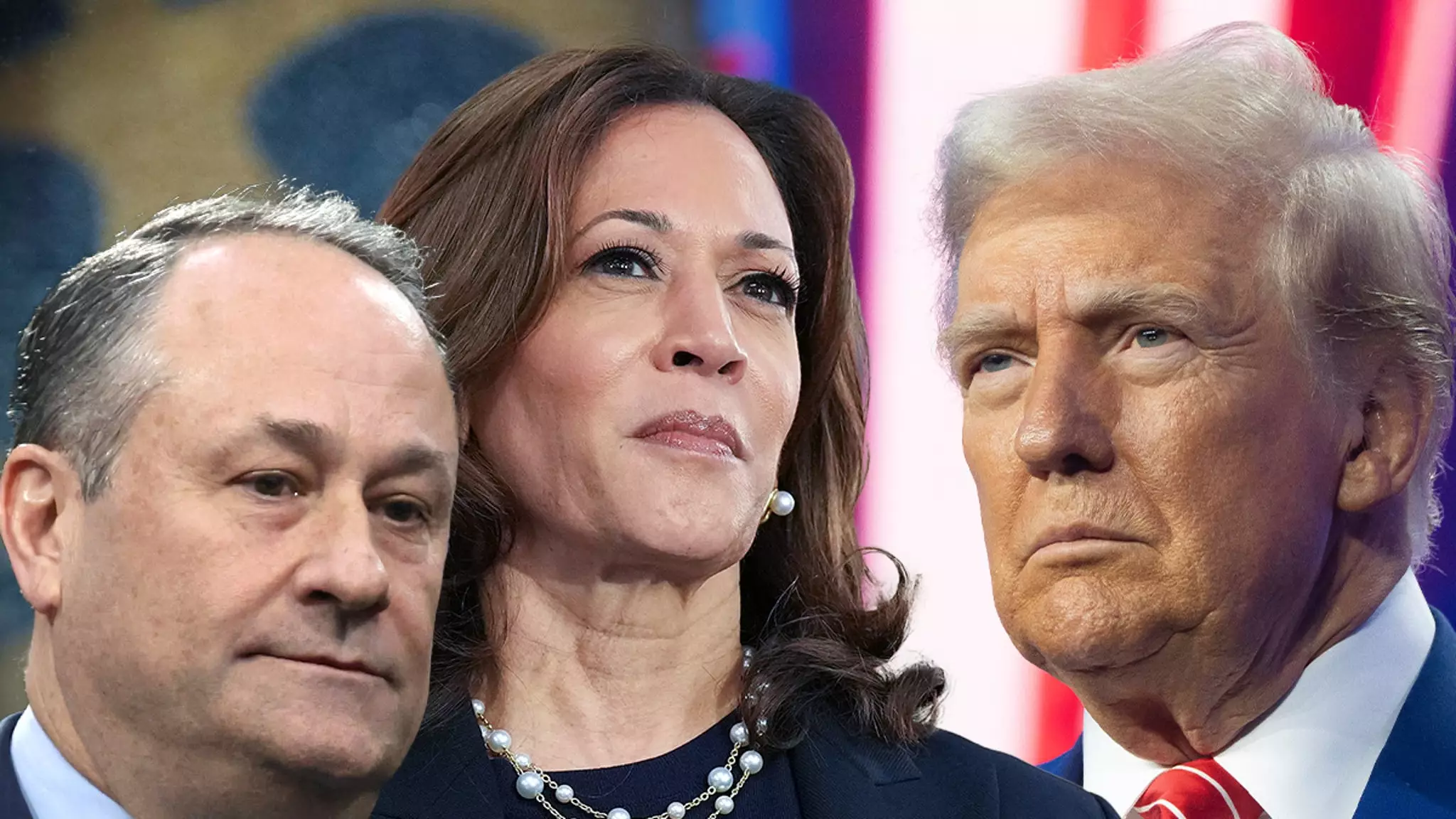In an age where ethical boundaries are often blurred, Kamala Harris’s recent remarks concerning Washington D.C. law firms serve as a clarion call for accountability. Her comments focus particularly on firms that have allied themselves with the controversial administration of former President Donald Trump, particularly spotlighting the substantial pro bono contributions that amount to over $100 million. Such decisions by these firms evoke the age-old debate about complicity in unethical governance and the moral responsibilities of legal professionals. Harris’s criticisms resonate with a broader audience increasingly weary of political complacency, especially from those in positions of influence.
The Unfolding Drama
Harris’s passionate address at the Leading Women Defined Summit not only highlights her political acumen but also digs deep into the discomfort that many individuals feel regarding their professional affiliations. By chastising firms like Willkie Farr & Gallagher, which has connections to her husband Doug Emhoff, Harris exposes the complexities of personal relationships tangled in the web of political compromise. The involvement of a firm known for high-profile legal battles in a partnership with an administration facing numerous legal and ethical challenges raises poignant questions about the integrity of legal institutions.
The Dynamics of Silence
The core of Harris’s argument pivots on the culture of silence that she perceives permeating various sectors in response to “unconstitutional threats.” There is a palpable fear gripping these organizations, leading them to behave like passive spectators rather than active participants in upholding justice. Harris aptly points out that by remaining quiet, firms not only capitulate to politically charged pressures but also risk undermining their own integrity. This compelling plea urges stakeholders to recognize that passivity in the face of injustice can, in itself, be an act of complicity.
Family and Politics: A Personal Tightrope
One cannot overlook the delicate nature of Harris’s position, particularly regarding her husband’s association with a firm that she has publicly reproached. The timing of her comments directly after Willkie Farr & Gallagher agreed to offer legal services to the Trump administration raises tantalizing questions about her family life intermingling with her unfettered political convictions. Reports suggest that Doug Emhoff expressed dissent regarding his firm’s relationship with Trump. Harris’s remarks could put additional pressure on him and provoke a reevaluation of his role there, creating an unexpected familial rift.
A Call for Courageous Action
Ultimately, Harris’s appeal for organizations to reject fear and take a firm stand against ethically dubious alliances resonates with many who aspire for a more accountable leadership. She encourages not just dialogue, but decisive action, which should prompt a reassessment of corporate ethics, particularly in an environment where power dynamics significantly dictate professional choices. By calling out legal firms that have chosen to “kiss the ring,” Harris ignites a broader conversation about where the line should be drawn between business interests and moral responsibility. In a world fraught with compromises, her voice emerges not just as a critique, but as a call for a renewed commitment to legal and ethical standards that serve the public good.

